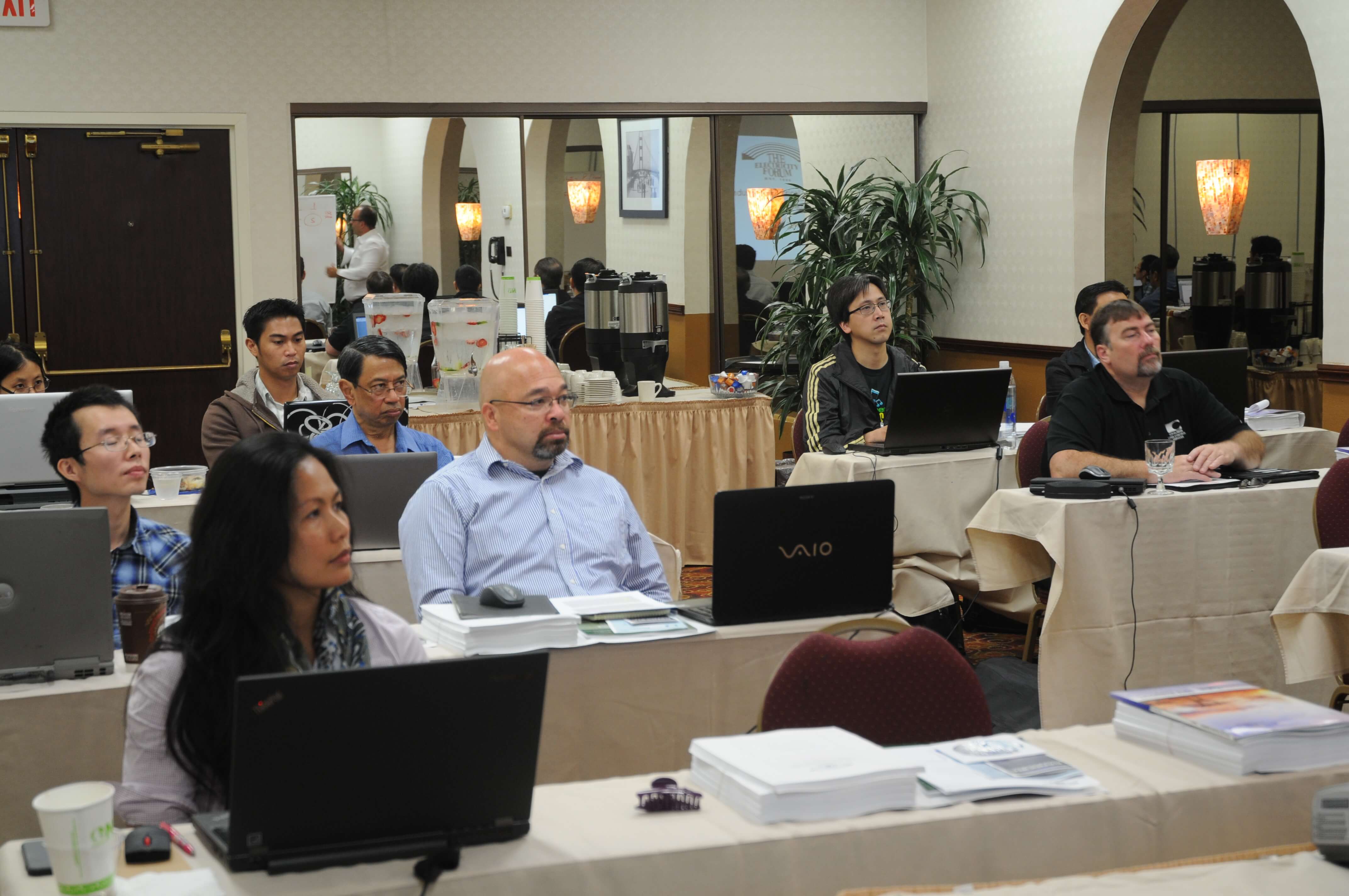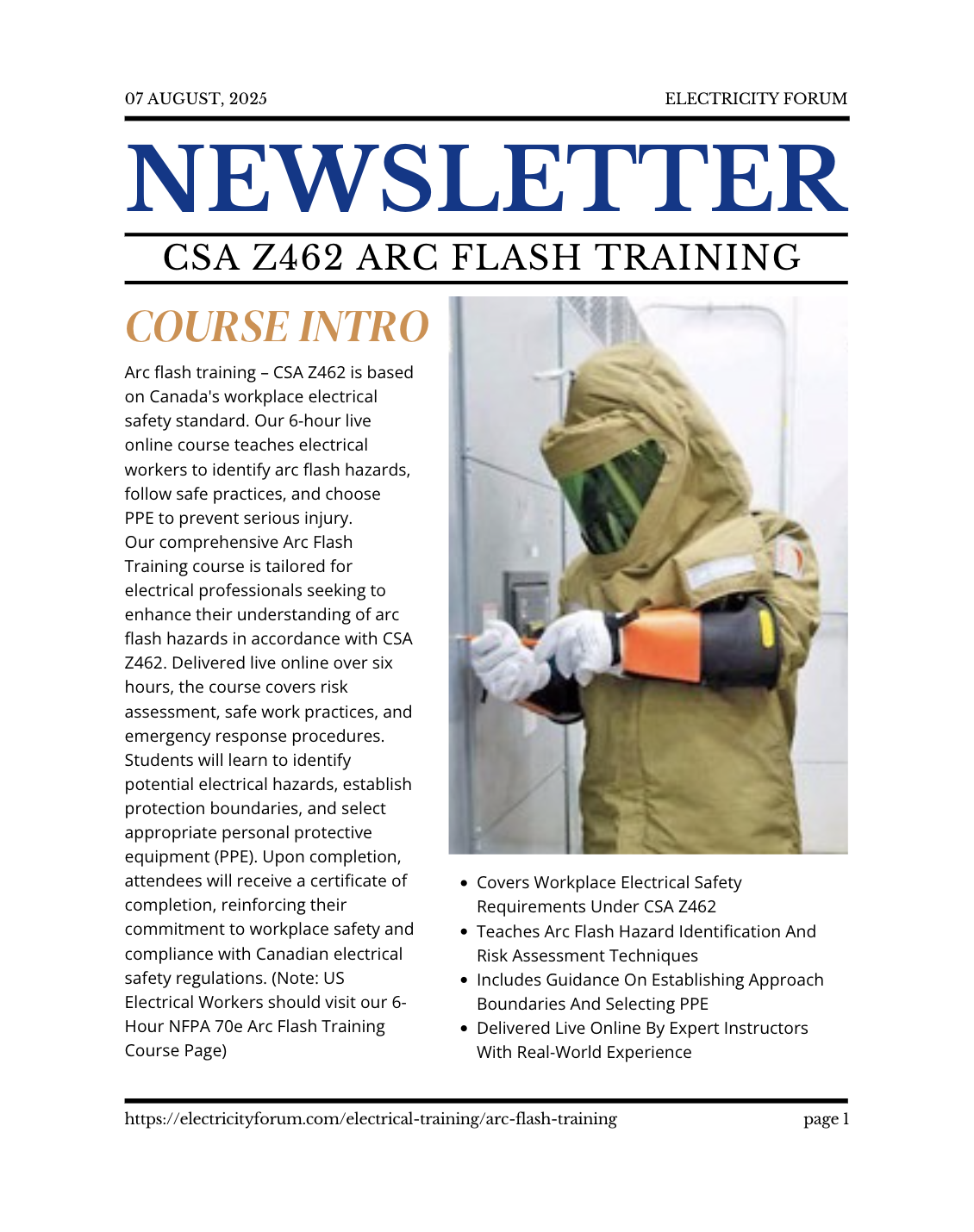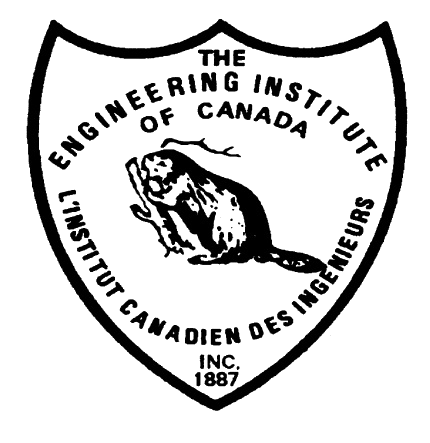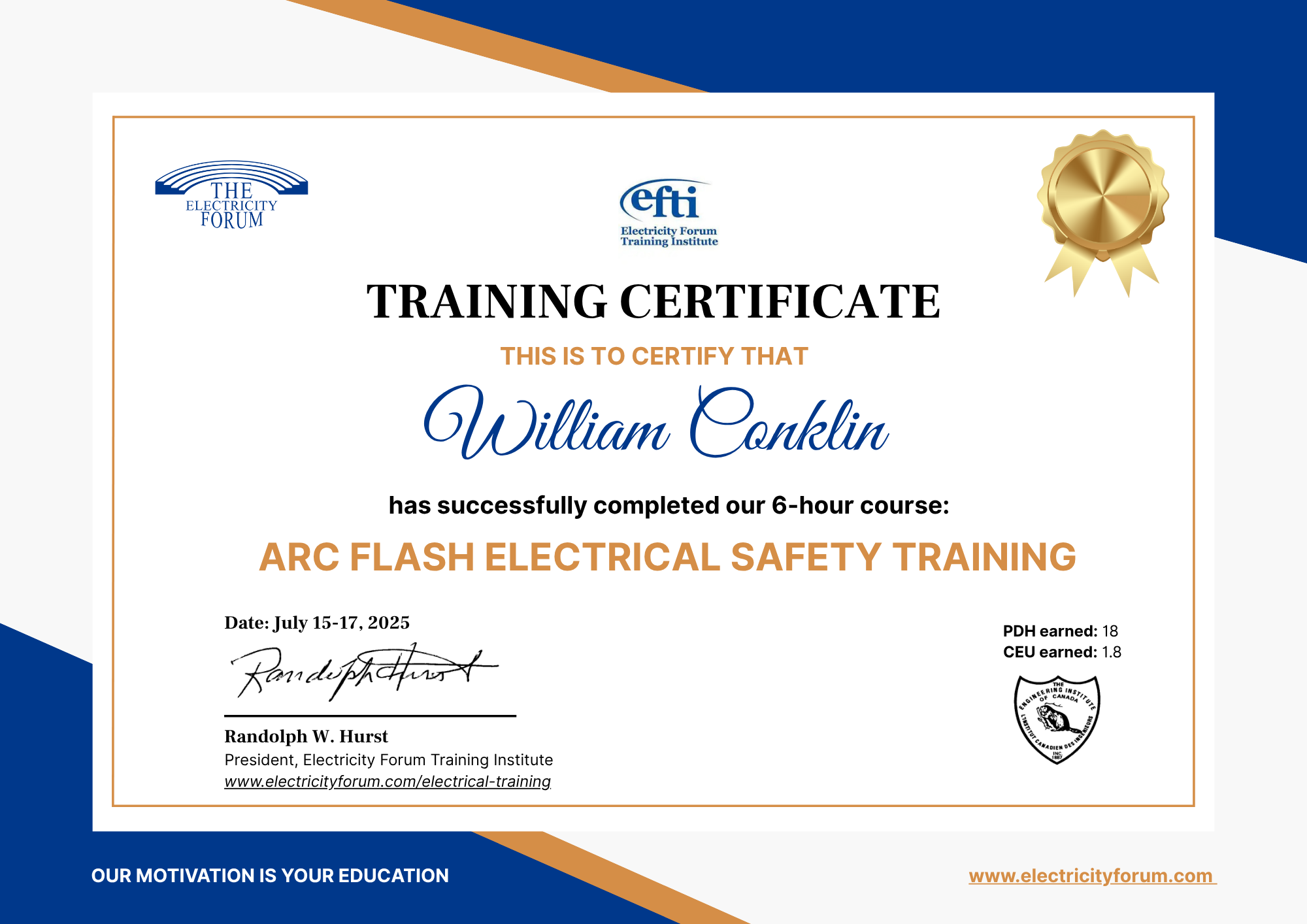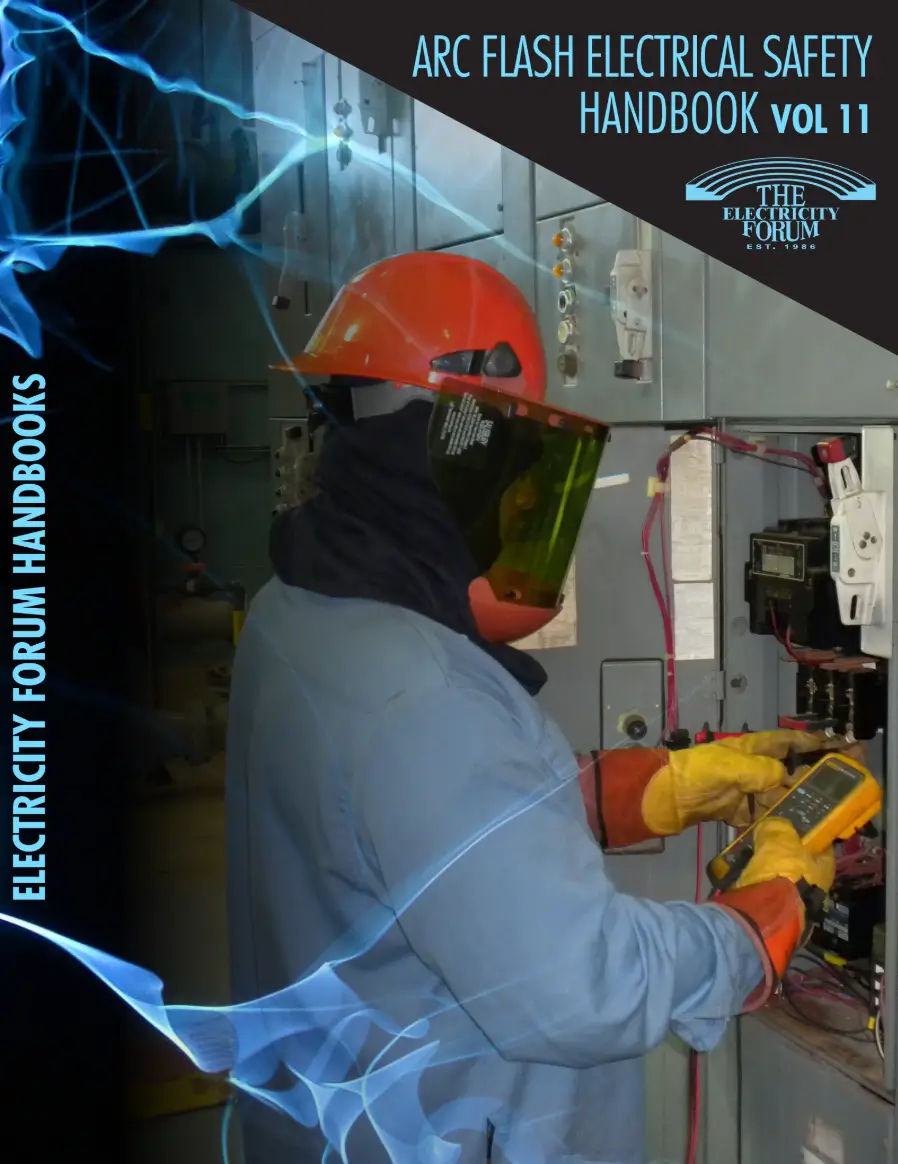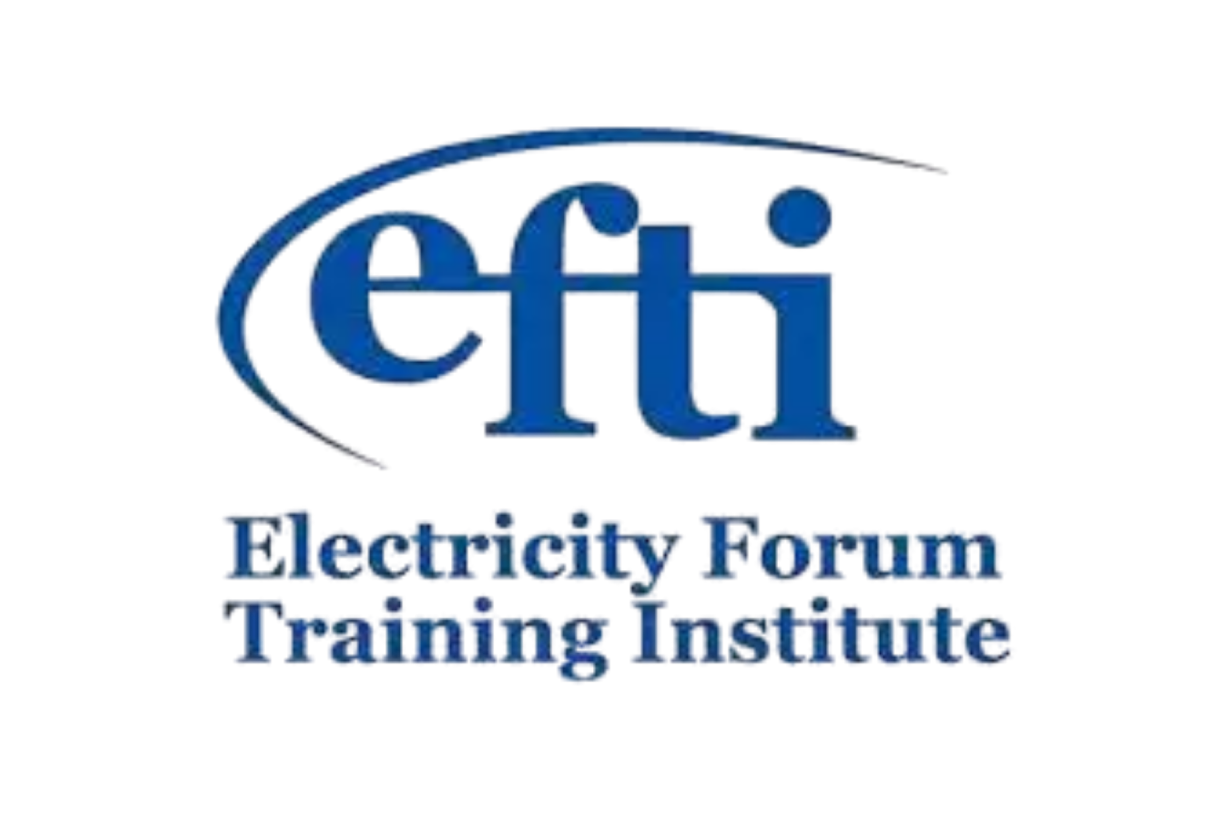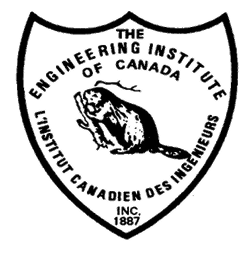Electric Motor Training Course - Design, Protection, Testing and Maintenance
Instructor
Paul Wright, P.Eng, Electricity Forum Motor and Drives Consultant
DAY ONE
8:00AM - 1. Understanding AC Motors
This presentation will provide discussion on motor theory as applied to fixed speed and variable speed operation. The presentation will discuss the different motors’ performance and features available to the user: This presentation will start at the generation of a magnetic field and how to control this field to provide useful work. The following characteristics will be individually discussed to show their impact on the overall performance of the motor. The effects of these characteristics with changes in line voltages and line frequencies will be discussed.
- Power Factor
- Rated RPM (synchronous RPM)
- Rated Voltage
- Rated Frequency
- Rated Current
- Equivalent Circuit Parameters
- Slip
- Starting, Pull-up and Breakdown Torques
- Service Factor
- Design Frames
- Insulation Ratings
- Temperature rise design
This presentation will also provide a short picture tour of a motor plant to show the different manufacturing steps to the assembly of an Above NEMA Squirrel cage Motor.
2. Rotor Construction: Die Cast Aluminum, Copper Bar and Die Cast Copper rotors will be reviewed.
Discussion of the type of rotor used and their differences, benefits and weakness that the different rotor designs have on the motors life and performance.
3. Motor Enclosures
The enclosure defines the degree of protection for the motor windings for the operating environment for it to operate. All the common enclosure designs will be discussed as to their ability to prevent external contaminates or particles to getting to the rotor and stator assembly. (ODP, TEFC, WPI, WPII, TEAAC, TEWAC etc.)
4. NEMA Motor Speed-Torque Curves
Understand how the motors’ speed-current and speed-torque characteristics relate to the motors starting and operation performance for Fixed Speed, Reduced Speed and Variable Speed applications. We will also show the speed torque curves of several motors for VFD applications as well as for utility operation.
5. Do I purchase NEMA Motor Part 30 or NEMA Part 31 motors?
This presentation will discuss when you should purchase NEMA Part 30 or Part 31 type design motors. An overview of the additional benefits of the NEMA Part 31 motor will be highlighted.
6. Motor Control Performance Comparison
Understand how the Motor control performance compares on Fixed Speed Starting, Reduced Voltage Starting and VFD operation.
- Direct On Line
- Multispeed
- Reduced Voltage (Solid State, Auto Transformer, Resistor and Reactor Starting)
- VFD
- Motor Starting
- Stopping
- Braking
- Reversing
- Over and Under nominal Line Voltage
DAY TWO
7. Bearings
- This presentation will discuss the three common types of bearings and which applications they are used on.
- The causes and remedies for bearing current issues will be discussed.
- Understanding the differences of the various bearing lubricants and the impact on the motors bearing life.
- Understand the common causes bearing failures
8. Bearing Currents
The effect of current flowing through the bearings will cause the inner and outer raceways to pit as the current jumps from the outer raceway to the bearing and from the bearing to the inner raceway. Over time the pitting will continue to increase the depth of the groves and the bearing will eventually be damaged beyond use. The causes and remedies for bearing current issues will be discussed.
9. Bearing lubrication
Understanding the differences of the various bearing lubricants designed for motors with ball or roller bearings. Having the improper selection of grease in the bearing will lead to premature bearing failures with the cause of failure indicating poor or insufficient lubrication. The motors’ bearings and the lubrication must be matched for each motor depending on the actual operating environment.
10. Motor Testing
The common On-line and Off-Line tests will be presented along with the merits that the test provides with respect to the risk of doing the test.
- Voltage and current measurements
- Temperature measurements
- Vibration reading and analysis
- Insulation Test, Megger, DC or AC High-Pot test
- Winding Resistance
- Surge Testing
11. Motor Cooling, Temperature Design, Service Factor and Insulation Class
The above electrical design criteria is necessary to ensure the motor can provide a suitable operating life in a given application. Each of the above criteria can have significant detrimental impact on the motors’ life. An increase of 10 degree Celsius temperature rise in the motor will cause a 50% reduction in the motors’ insulation life.
12. Motor Protection
All Motors require a means of detecting an abnormal condition and a means of isolating the motor from the Power System when these situations occur. Vibration, Overload, Short Circuits and Over Temperature are the most common occurrences requiring isolation of the motor from the Power System. A pictorial of 12 different failures inside the motor will be provided to show failure modes for various faults. Selection criteria for selection of the relay from a simple low cost bimetallic overload relay to the most sophisticated high cost digital motor management relay system will be discussed.
13. Permanent Magnet, Wound Rotor or Synchronous Motors: When are they required to be used?
A quick overview of the three other AC motors will be presented highlighting the possible applications where they can be used and their benefits.
3:30PM-4:00PM -- Daily Summary and Seminar wrap up
COURSE SCHEDULE:
Both days:
Start: 8:00 a.m.
Coffee break: 10:00 a.m.
Lunch: 12:00 noon
Finish: 4:30 p.m.
NOTE: All students attending this presentation will receive electronic copy of the 9 Presentations plus several papers and booklets discussing the course and related material. A detailed VFD specification and Data Sheets will also be included to ensure future drive purchases provide reliable trouble free installations.






